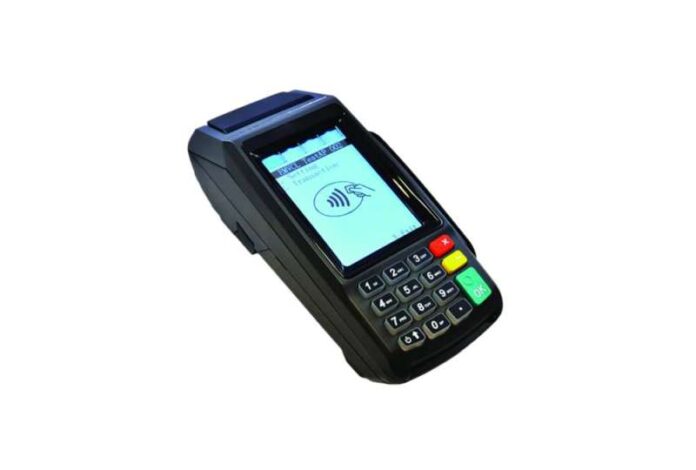The banks are set to request the Joint Automated Banking Services Company, “KNET,” to replace approximately one-fifth of the existing outdated point-of-sale devices. These devices currently operate on earlier generations of technology networks, significantly limiting their capability for swift transactions, particularly those reliant on 3G and 2G technologies.
Initial estimates from reliable sources indicate that around 20,000 point-of-sale devices still rely on outdated networks and may soon face obsolescence due to this change. However, the exact count is still being calculated. reports Al-Rai daily.
Data released by KNET for the previous fiscal year suggests that by the end of 2022, Kuwait will have approximately 92,000 point-of-sale devices, facilitating 458 million transactions valued at 13 billion dinars.
This move by the banks to upgrade their point-of-sale devices aligns with the directive from the Communications and Information Technology Regulatory Authority (CITRA). CITRA has advised the banks to replace these outdated network-dependent devices with modern ones utilizing fifth-generation cellular technology (“5G”). The goal is to enhance speed, reduce response time, and improve wireless service flexibility. These 5G networks are virtual, software-driven, and utilize cloud technologies.
The replacement options for point-of-sale devices by banks and KNET may include the utilization of “4G” networks. However, sources suggest that if this transition occurs, it is preferable for it to be within minimal banking constraints.
In terms of payment via “3G” and “2G” networks, sources emphasize that continuing to operate point-of-sale devices on these networks contradicts efforts to develop current communication technology networks. The push is toward reliance on “5G” technology, boasting a theoretical maximum speed of 20 gigabits per second, whereas 4G technology only achieves a maximum speed of one gigabit per second.
On another note, sources have revealed that the Central Bank of Kuwait recently set a six-month deadline for the transfer of all customer payments made via “Apple Pay” service from the “MasterCard” network to “KNET.” This move is part of an effort to enhance electronic payment operations in the country.
KNET’s point-of-sale devices have been accepting payments through the “Apple Pay” system since its local launch. However, these transactions are still routed through the “MasterCard” network. The Central Bank aims to shift these transactions to the “KNET” network within the stipulated period.
This shift will not affect the customer experience, but it will benefit the local financial system. Funds from purchases will not need to leave the country, enhancing the local market. Additionally, banks can potentially reduce fees by using “KNET” for “Apple Pay” transactions compared to “MasterCard.” KNET itself stands to gain from the increased service fees associated with electronic payments being transferred to its network, boosting its operating profits.
Furthermore, sources indicate that KNET plans to develop various services in the near future, focusing on both individual and merchant segments, though further details remain undisclosed.

















